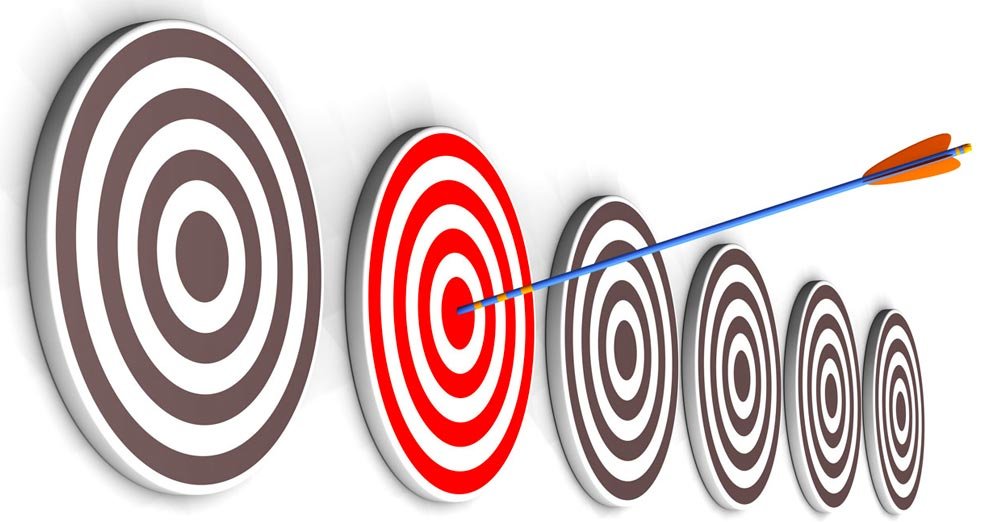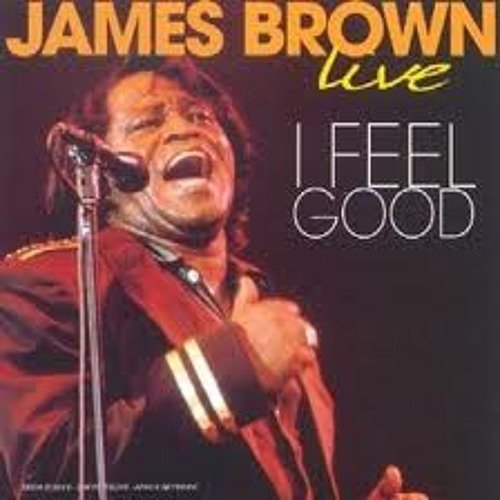You may ask, “Ulysses what if I don’t play gigs requiring brushes?”
I believe for any musician who plays the drums, it doesn’t matter. Learning the brushes is part of your due diligence on the drum kit.
Read moreDrummer community & drum marketplace
The first vintage & Custom Drum Magazine, since 1988
You may ask, “Ulysses what if I don’t play gigs requiring brushes?”
I believe for any musician who plays the drums, it doesn’t matter. Learning the brushes is part of your due diligence on the drum kit.
Read moreSome of you may disagree, but to my mind playing time behind a drum set, whether it be rock, jazz, latin, or any other genre of music has to do mainly with the cymbals and snare.
Read more
just how do you decide whether you are going to do a job when there's no money to be had. In short, WIIFMAMB (What's is in it for me and my band)
Read more
and now for something completely different!
Read moreA few weeks later, as I practiced, I was intrigued with not only how smooth my stroke had become, but also how much speed I'd achieved in a relatively short time. And the key component to this admirable accomplishment? I didn't pay attention.
Read more4-Way Independence Rules
Our limbs typically cannot act independently, and so we must train them to co-ordinate their actions as a team. We call it independence, but what we're really talking about is “co-ordinated interdependence”... the limbs are co-operating and not acting independently.

How to read those awkward across the bar line figures.
Read moreThe following etude features eighth triplets and parts of eighth triplets.
Read more
The fifteen commandments of practicing
Of course there are no rules, other than just do it. But there are good ways to practice and not so good ways. My goal for practice time is that it will invariably lead to the development of sound playing and sound playing habits. And it has to be fun.
Read moreRecognition vs. Recall
The goal is not to memorize the entire tune and arrangement. We just need to be able to identify and recognize the various sections as they come along. As long as we can follow the tune, the rest is just a case of getting organized. I like to develop a good understanding of the 'landscape' and leave the details until later. If I were to focus on the drum breaks, for example, I’d miss a lot of important information.
The following etude is a primary example of the idea that things sometimes look simpler than they are. It’s comprised of just quarter and eighth notes, but you have to concentrate in order to play from start to finish without stopping and, of course, without making a mistake.
Read more
One thing that I always admired about Buddy Rich was the way he set up figures. He had a way of announcing and drawing attention to horn lines that was absolutely beautiful.
Read more
Linear paradiddle exercises between the cymbal, bass drum, and snare drum.
Read more
We’ve all at one time or another been advised to "just listen” and we would be told the answer to whatever it is that’s is confusing us..
Read more
(editor’s note; It is clear from this image that William of Ockham invented the traditional grip 1000 years ago)
Micro Practice
We do ‘micro practice’ all the time. We work on a single thing: single strokes, double strokes, lines from Stick Control and the like. Why? Because it works. Reducing our focus to a single item reaps big rewards. When learning a new figure, I will often take a 2-beat or even a 1-beat section and work on it exclusively. Then, when I tackle the whole thing, I’ve got a good handle on each part.

My first introduction to Tony Williams was the Miles Davis album 'Miles in Europe.' Inconceivable to me that Tony was keeping time. He was playing his 'parts' (yes, plural) 'within' the time. (And killing it!) Elvin Jones with John Coltrane? More plural 'parts' within the time. (And more killing!) Max Roach played pstterns and melodies. Jimmy Cobb often played straight quarter notes on the cymbal. To me, that was his part in the music. And so on.....
Read more
When I was a kid, after hours trying to develop an open double stroke roll, I got a great feeling when suddenly discovering I achieved the ability to play clean, even, and fast double strokes with its resulting machine gun effect. The same holds true for many other aspects of learning to play my instruments.
Read moreIt's always a good time to work on bass drum doubles. I find the first page helps with the timing and execution.
Read moreMany drummers feel “uneasy” when having to read a piece in sixteenth time. The uneasy feeling has to do simply with the fact that there’s not much in the way of reading exercises when one is first developing the skill to read rhythm. And the music can look a little frightening if there’s a lot of sixty fourth notes. But you can think of sixty fourth notes in sixteenth time as no more than sixteenth notes quarter time.
Read moreI thought I’d take some basic rock beats and render them in 5/4. I’m having fun with the result.
Read more